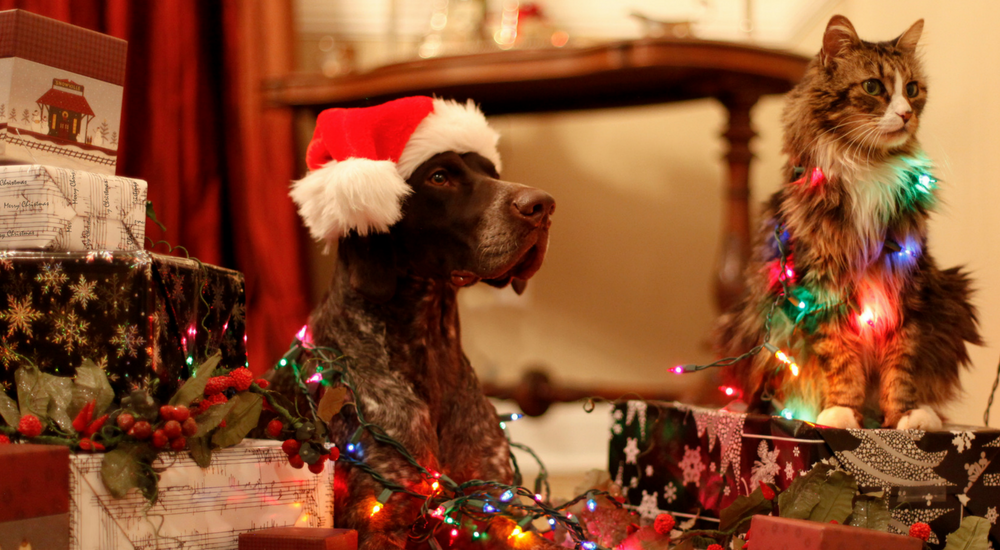
It’s that time of year,
So be of good cheer!
Do you ever wonder how your pets feel around the hectic holidays? You’re running around, busy with shopping, cooking, cleaning, and decorating. In some households, the human numbers increase until the house can be bursting at the seams. As much as we love our pets, it’s possible to miss how this chaos affects our furry family members. Some dogs and cats thrive on company and make the rounds of laps when someone new arrives. But not all of them. You can see unusual behavior that can be misinterpreted as “acting out.” Pet problems are always a worry, so here’s a little bit of help for dealing with holiday stress.
Pet Problems: Common Symptoms of Holiday Stress
- The cat stops eating and disappears while the house is full
- Suitcases or beds become litterboxes
- Your normally well-behaved dog is out of control
- Begging to go outside for potty trips increases
- Items that are usually safe on the coffee- or dining-table get chewed up or eaten
What is it our pets need most, after love, food, shelter, and medical care? ROUTINE. When more people suddenly descend upon your family, or you’re busy with all the holiday preparations, daily life is disrupted. Don’t get me wrong: This is all part of life— especially with important occasions—and it can’t be helped. But being mindful of how it affects your pets can make life easier for both you and them.
Just like with us, stress can make our pets sick. Veterinarians, especially at 24-hour emergency facilities, are kept very busy this time of year, treating vomiting and/or diarrhea, urinary infections, toxin or foreign-body ingestion, injuries, and behavioral changes.
Pet Problems: So What Can You Do?
- Stick to routine: Try not to miss or change meals or play time
- Activity and attention, such as longer walks or food puzzle toys, can engage your pet’s physical and mental needs. And exercise helps your own stress too!
- Monitor any interaction between the pets and kids, both your own and those of visiting relatives. This should be a given, but during busy times, it’s even easier to lose track of them. If your pet plays well, show the kids how to play with them safely. Everyone benefits!
- Be mindful of how noise affects your pet. If the dog leaves the room every time you play the Christmas or Hanukkah playlist, odds are you need to turn down the volume
- Establish a safe place for the pet to retreat to when they feel overwhelmed. The dog’s crate, or a hiding spot for the cat, can really help—even in a high-traffic area
- Ensure all foods are kept out of reach of pets. With all the enticing smells, who can blame the dog for helping itself to that platter on the counter? Asking guests to refrain from feeding the furry ones is important too. Some people keep a list of toxic foods for dogs and cats posted on the fridge door
- Ask for help! If visiting family members enjoy your pets, enlist them to give special attention when you can’t
Now that your plan is in place to occupy your pet, don’t forget about protecting them. There are many dangers to pets at this time of year. The most common ones reported by the ASPCA Animal Poison Control Center are:
- Chocolate
- Poinsettias
- Unattended medications
- Alcohol
- Christmas-tree preservatives
Tip of the Tail
With these tips in mind, you, your family, and friends can share the holiday joy with your pets. May you all have happy and safe celebrations!
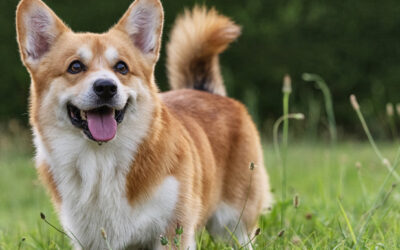
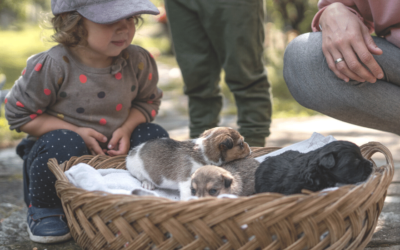
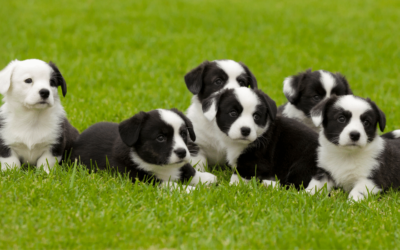
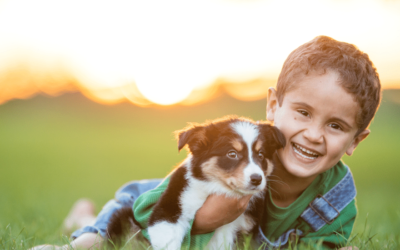
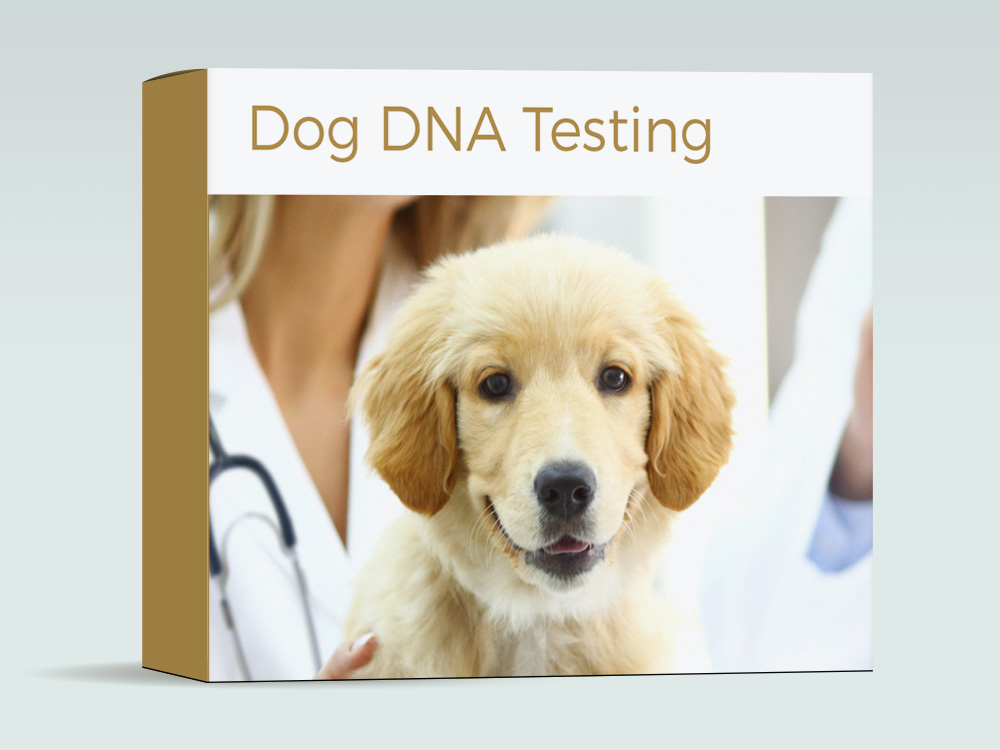
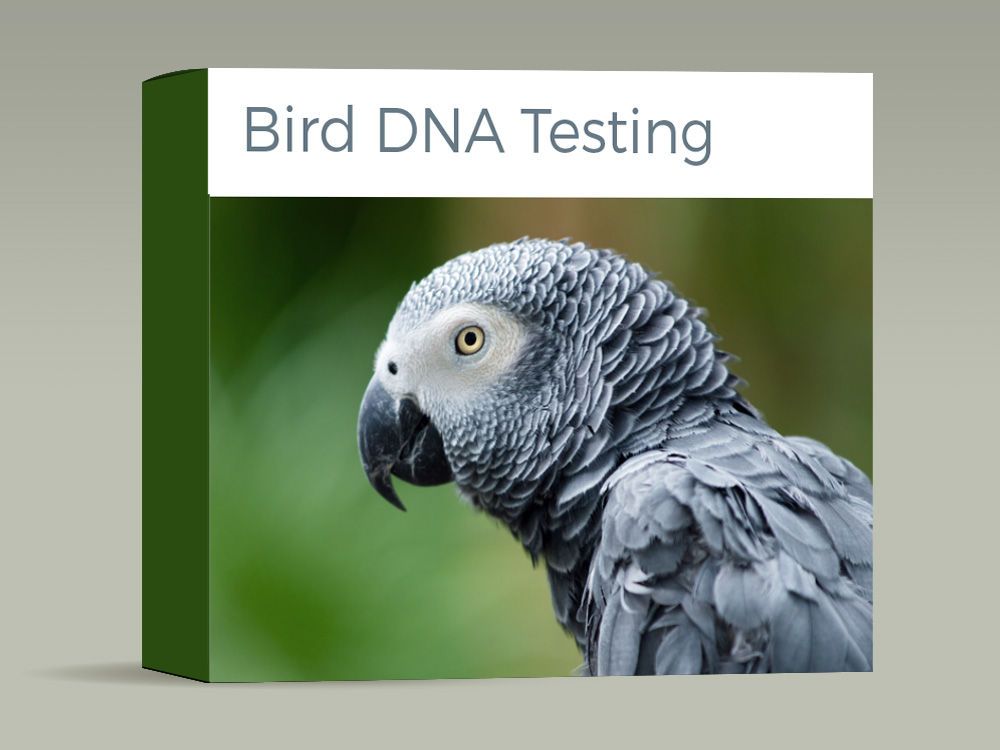
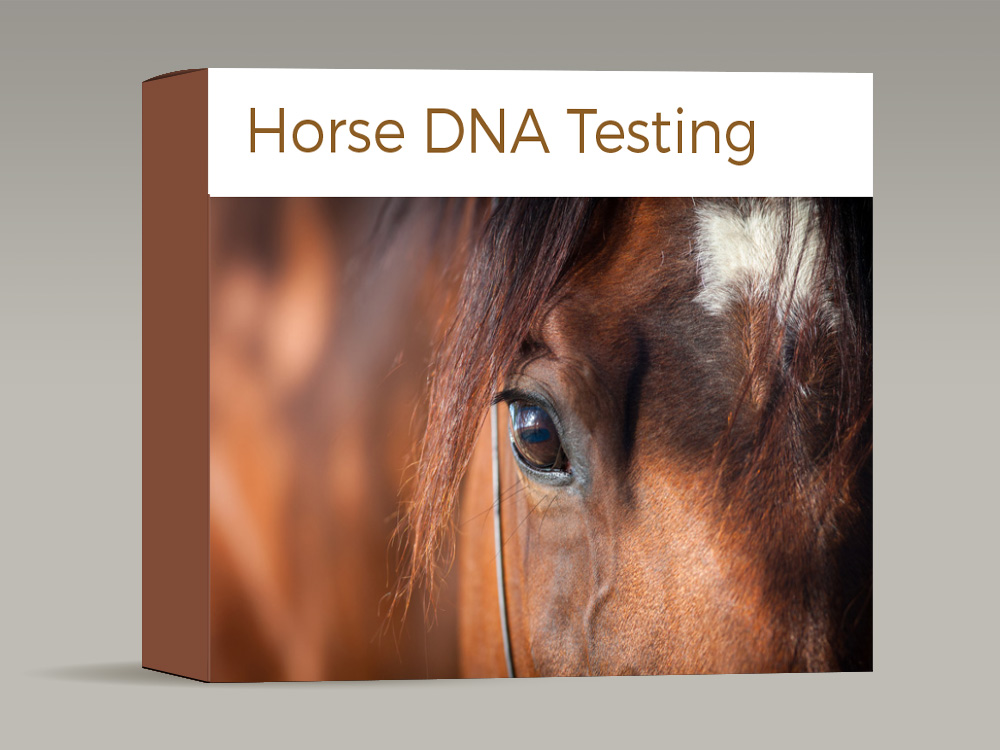
0 Comments